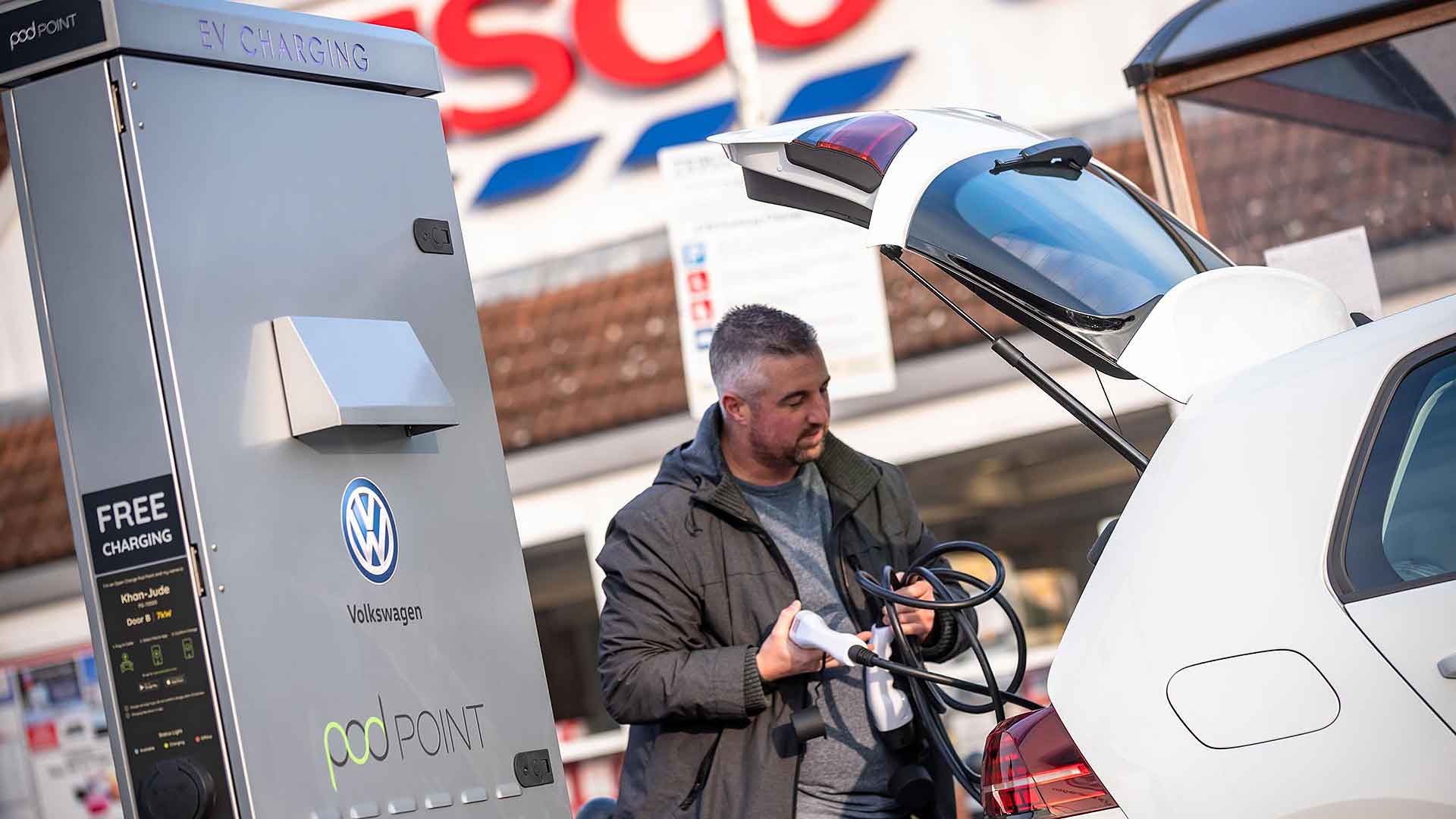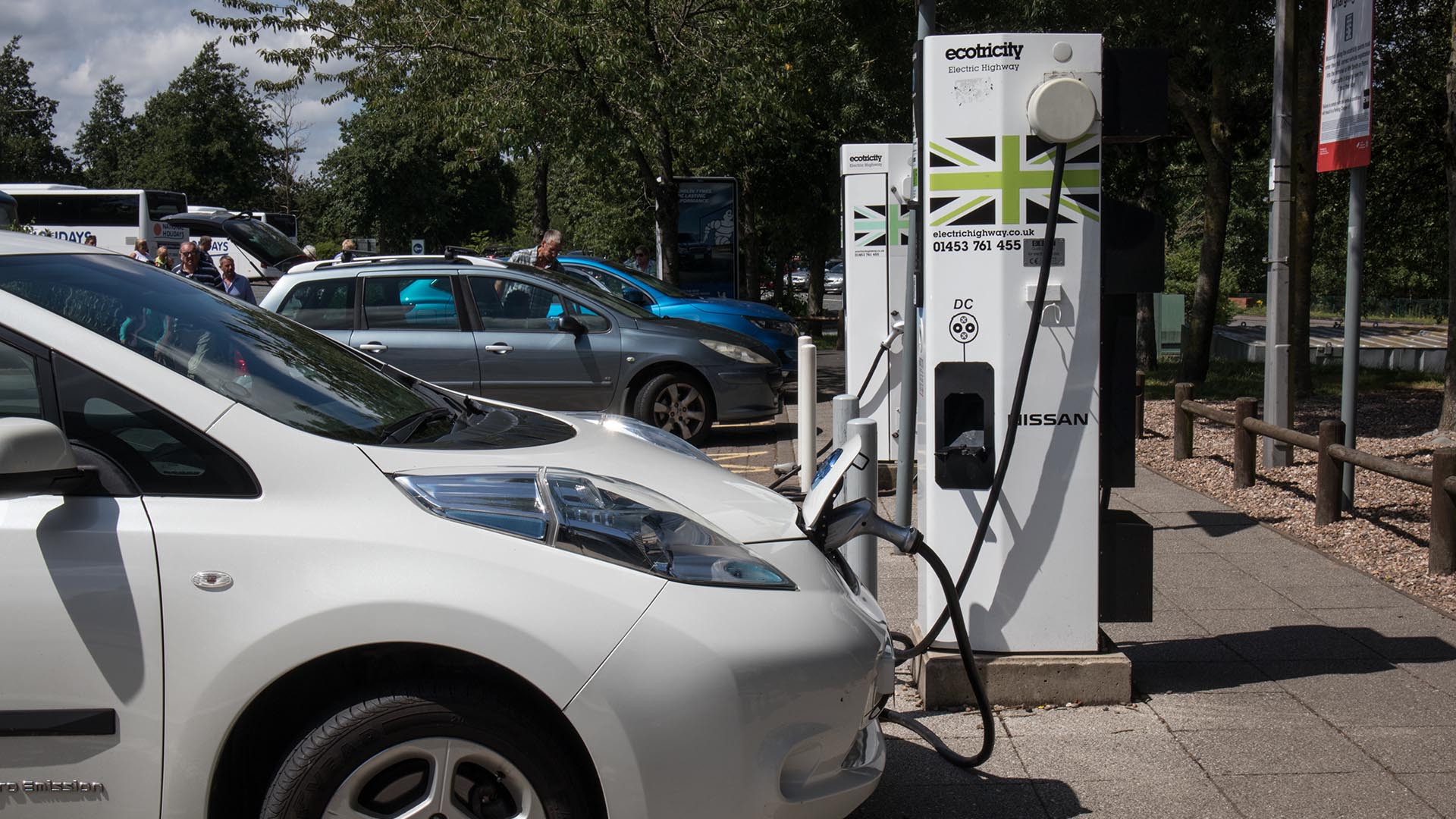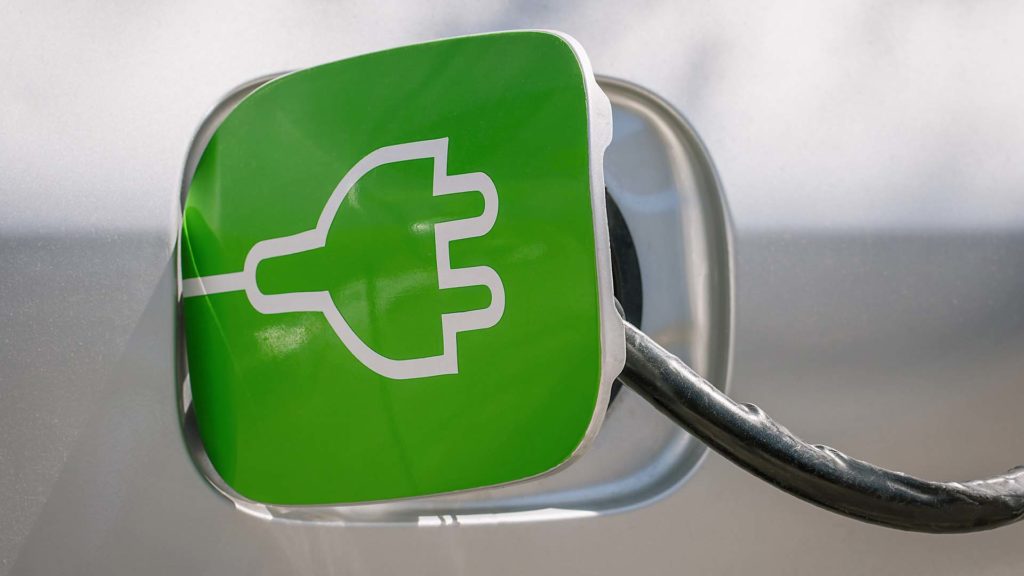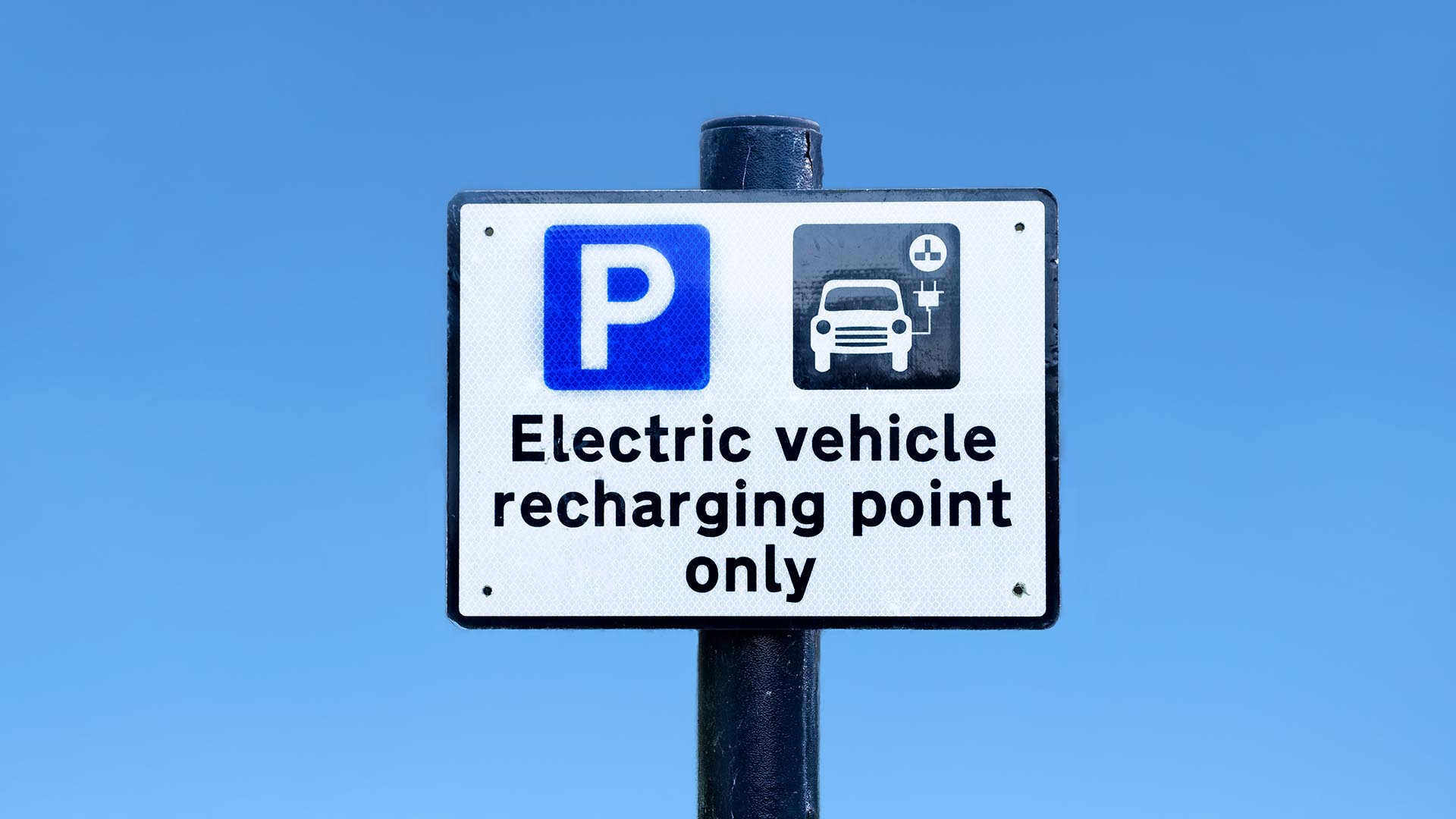At the time of writing, there are around 31,500 electric charging connectors across the UK. The vast majority of these are fast chargers, but there has been a surge in the number of rapid chargers.
If you own an electric car, the chances are you recharge at home, either via a domestic plug socket or a wallbox. Once on the move, you’ll be able to access one of the UK’s charging networks.
You won’t have too much trouble finding a place to recharge. There are now more electric charging stations in the UK than conventional fuel stations. Almost 80 percent of UK petrol stations have closed since 1970, while the number of charging locations has increased from a few hundred in 2011 to around 11,300 in 2020.
Here’s a list of 10 significant electric charging network operators in the UK.
Polar
With around 7,000 public charging points, this is the largest network in the UK. There are two products – Polar Plus and Polar Instant – both run by BP Chargemaster.
Polar Plus is a membership scheme that costs £7.85 a month, with new members given three months for free. After this, you’ll pay 12p per kWh used, although some of the chargers are free to use.
Polar Instant is a pay-as-you-go alternative with access to the network granted via a smartphone app. After this, you’ll pay 18p per kWh for 13A and Type 2 charging, 25p per kWh for a 50kW rapid charger, and 35p per kWh for 150kW ultra-rapid charging.
Pod Point

Pod Point operates 3,000 public charging points, the majority of which are free to use. These are predominantly fast chargers, located at areas of high footfall, such as Heathrow airport, Tesco supermarkets, McDonald’s restaurants and Center Parcs resorts.
There’s no membership scheme or subscription – you simply download the Pod Point smartphone app. Charging will start as soon as you plug in and will stop after 15 minutes unless you confirm the charge via the app.
Charge Your Car
Charge Your Car (CYC) claims to be the UK’s fastest growing pay-as-you go charging network. Users must register online to create a direct debit, purchase an access card for £20 per year, then pay for each charge.
Costs and minimum charges apply, with the price varying according to the charging speed and location.
Ecotricity

The Ecotricity Electric Highway covers the UK motorway network, with 300 rapid charging points available. Customers must sign up for free membership, with electricity charged at 30p per kWh used. There are also 15 free-to-use slow chargers in the UK.
Ecotricity domestic energy customers qualify for half-price charging and discounted home wallbox installation.
Instavolt
Instavolt claims to offer the ‘simplest and most transparent’ electric vehicle charging network in the UK. There’s a good spread of 50kW rapid chargers across the country, the majority of which are situated close to urban centres and major roads.
There are no membership fees or connection charges – you pay 35p per kWh of electricity used.
GeniePoint

The GeniePoint network is free to join and there’s no monthly fee – you pay for what you use. In 2019, the company teamed up with Morrisons to begin the roll-out of 50-100kW charging points in supermarket car parks.
Most units have a connection fee, with electricity charged at 30p per kWh.
Ubitricity
Ubitricity specialists in the installation of charging points for businesses and local authorities. Many of these are lamp-post and bollard chargers. There are two options available: a SmartCable tariff or a pay-as-you-go approach.
Ionity
Ionity operates 400 charging stations along Europe’s major roads, with an average of six charging points per station. Crucially, it offers a charging capacity of up to 350kW, making it ready for the next generation of electric cars.
There’s no membership fee, but you’ll be charged 69p per kWh for charging.
Tesla

There are two networks available to Tesla owners: Supercharger and Destination. There are 1,870 Supercharger stations across the globe, with 16,585 connectors. Charging takes around 30 minutes, and although some Model S and Model X get free charging, others have to pay. All Model 3 drivers must pay to use the network.
As their name suggests, Destination chargers are located at places where you’ll spend more time. These include hotels, restaurants and shopping centres.
Shell Recharge
The Shell Recharge network is by no means the largest in the UK, but it’s one of the most significant. It sees a major petrol retailer making the switch to electric car charging, with 150kW and 50kW chargers available.
There’s no subscription charge – you’ll pay 39p per kWh, with payment taken via the Shell Recharge app or charge card.
Other large / regional / smaller charging networks

- Source London – 1,300 charging points in London
- ChargePlace Scotland – 1,000 charging points in Scotland
- NewMotion – 800 rapid charge points in England (inc. Shell Recharge/Ionity)
- GMEV – 100 charging points in Greater Manchester
- eCar – 160 fast chargers and 17 rapid chargers in Northern Ireland
- ChargerNet – 17 rapid chargers in Dorset
- Eon Drive – ultra-fast charging stations
- Electric Blue
- Engenie
- Hubsta
- Revive
- Swarco E.Connect
- ZeroNet
We will edit and update this list of electric charging operators as the network expands.


[…] Recharging to 80 percent capacity takes 30 minutes in the 50kWh version and 45 minutes in the 75kWh van, both using a 100kW public charger. […]
[…] are currently more than 40 individual charging networks operating in the UK. Most require individual sign-ups, meaning electric car owners have to use multiple apps and […]
[…] are currently more than 40 individual charging networks operating in the UK. Most require individual sign-ups, meaning electric car owners have to use multiple apps and […]
[…] prepare for this, York plans to install electric car charging points in five percent of all council-owned parking […]
[…] the new chargepoint design could be on UK streets by 2022. However, with many EV charging points operated by private companies, there is no detail on how this might be […]
ehei53